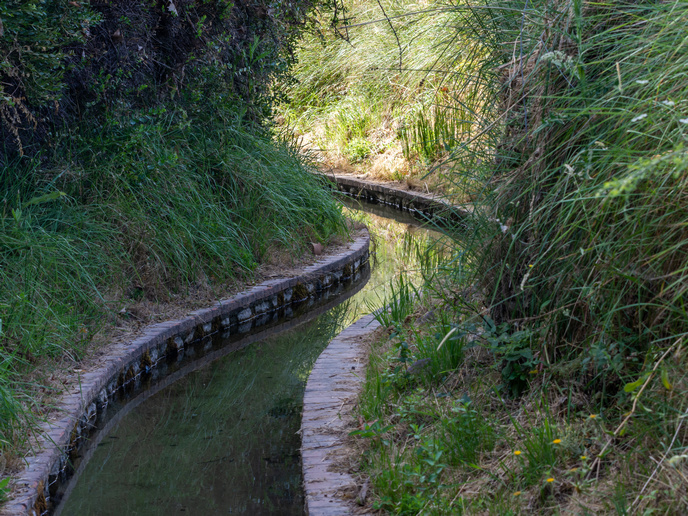Local communities and stakeholders give cultural tourism a boost in Europe’s periphery
By working together, local populations and stakeholders can unlock cultural tourism’s potential in marginalised and remote areas. When locals put their community first, cultural tourism then becomes a tool for regional development from a social, economic and environmental perspective, and not an end in itself. As a result, all efforts to achieve such development revolve around locals, and not tourists.
Participatory models and collaborative practices for cultural tourism
The INCULTUM project explores this very potential when managed by local communities and stakeholders. “Innovative participatory and collaborative approaches are being adopted to turn locals into protagonists. They minimise the negative effects of uncontrolled touristic growth, learn from and improve good practices, and translate them into strategies and policies,” explains coordinator José Maria Martín Civantos, professor at the University of Granada’s Department of Medieval History and Historiographic Sciences and Techniques. “Furthermore, INCULTUM fosters intercultural understanding by implementing bottom-up strategies that can have positive effects for both locals and tourists.”
Exploiting heritage resources as a common good
Project partners collaborated with stakeholders, local administrations and policymakers to develop and validate sustainable strategies in deprived, remote, peripheral and deindustrialised regions across eight EU Member States and Albania, each with a rich cultural and/or natural heritage. Efforts in these pilot regions ranged from analysing cemeteries in Ireland to examining tourism flows in the remote areas of Sweden’s archipelago and great lakes. For example, in Spain’s Granada High Plains, ‘payment for services’ agreements were established to protect irrigation systems that primarily date back to the Middle Ages. Despite the great historical and socio-economic importance of such systems, they are undervalued by local institutions and sometimes by the community itself. Such agreements come in the form of an administrative document signed between irrigation communities – comprising farmers and traditional irrigation system users – and municipalities. Payment is not always financial. It could involve a mutual understanding in which public institutions offer support, for instance, by providing labour to maintain hydraulic infrastructures. The agreements include the maintenance and protection of new visitor itineraries conceived during INCULTUM. Several pathways, which run along the irrigation channels traditionally used to distribute water, have been converted into cultural routes. Farmers proposed, built and now manage these routes, thereby promoting agricultural heritage, while presenting irrigation communities in a positive light. Guided by farmers, tourists learn about the territory and local rural culture.
Capacity building and knowledge transfer for sustainable tourism
A training portal offers various resources in sustainable tourism, cultural heritage, innovative participatory approaches, as well as the involvement and engagement of living territories and communities. Local stakeholders and communities, university students, researchers, public administrators, business development operators, tourism specialists and cultural heritage managers all benefit from the training offer. INCULTUM identified, collected and analysed data on various aspects of urban and regional development, cultural tourism, and a wide selection of socio-economic indicators. Results contributed to recommendations for designing effective and sustainable cultural tourism policies. “Empowering the pilot communities through protection and development of their heritage has boosted local tourism,” concludes Civantos. “As INCULTUM’s insights ripple into policy, research and practice, they have the potential to shape a more sustainable and culturally enriched future for Europe’s fringes.”
Keywords
INCULTUM, tourism, community, cultural tourism, heritage, farmer



